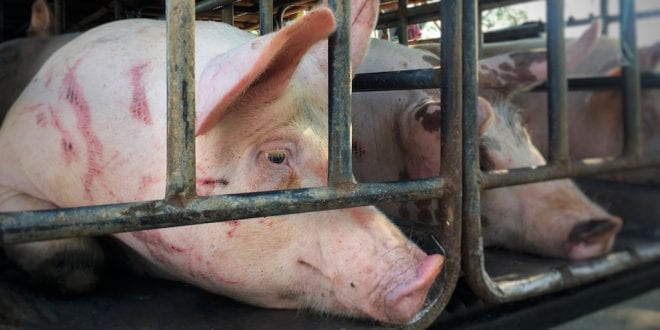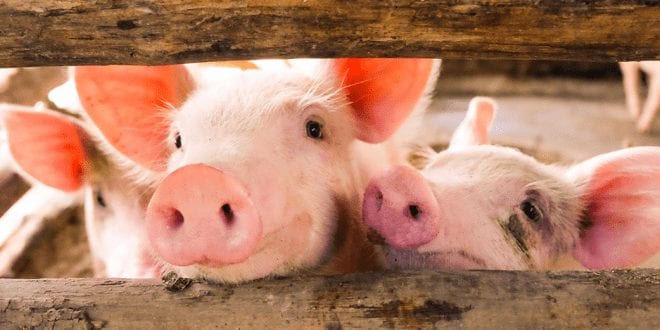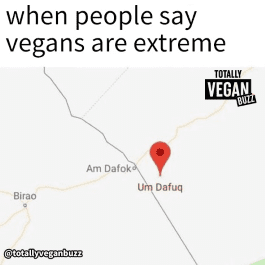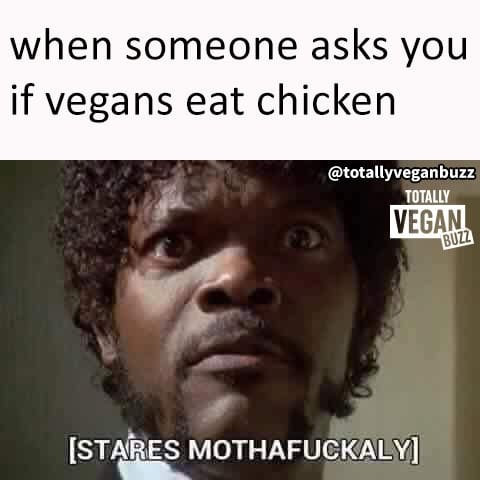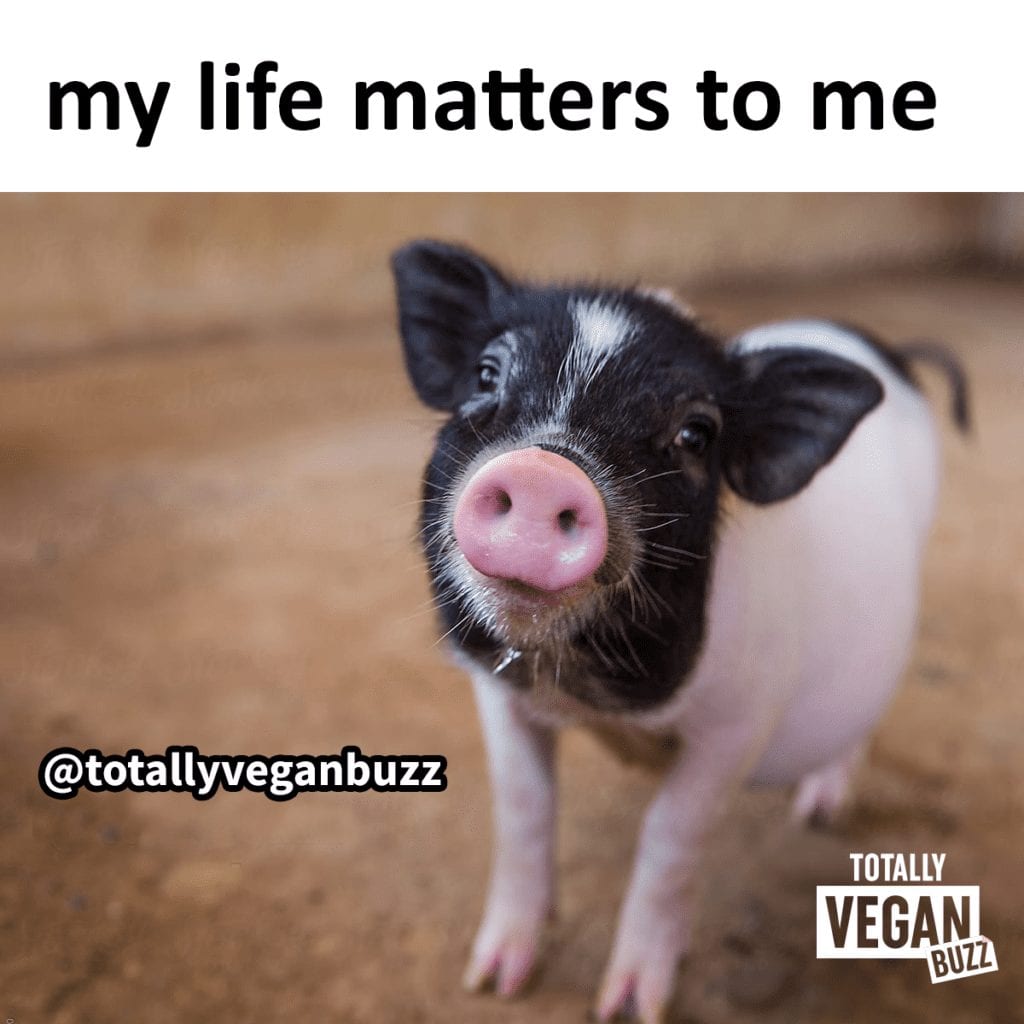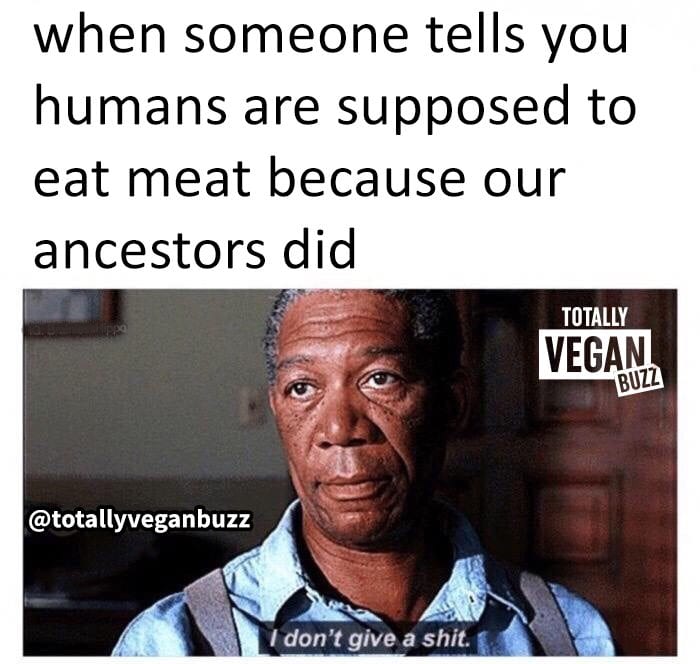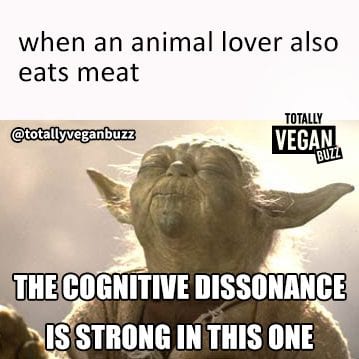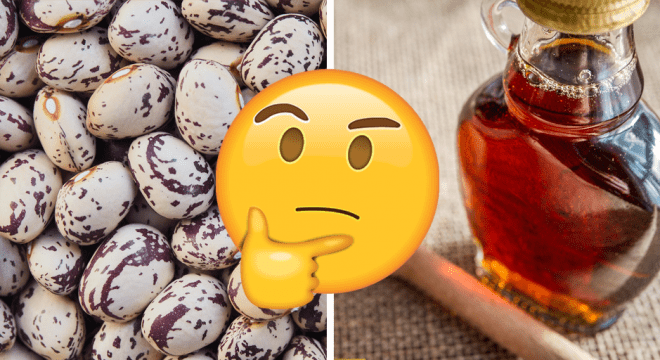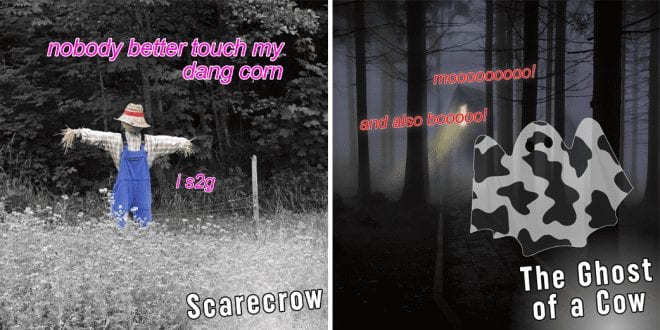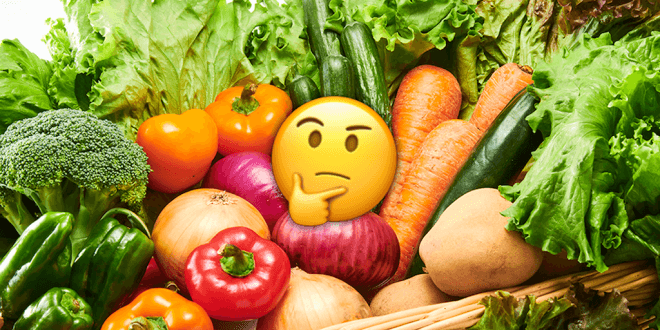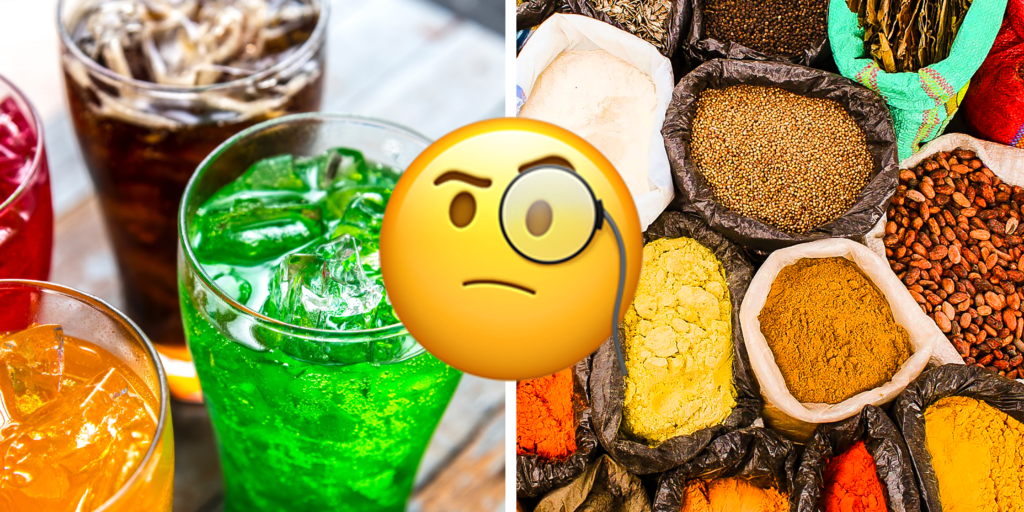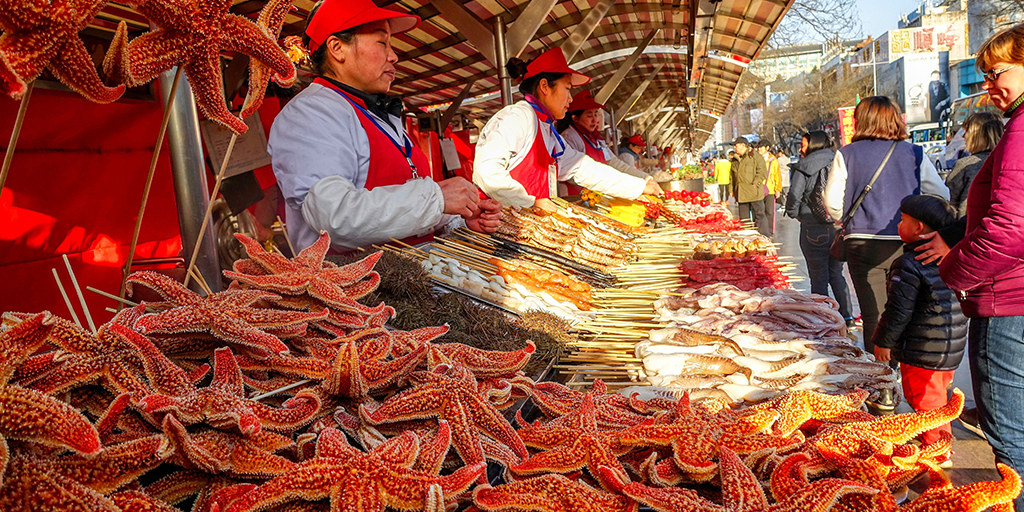
The new coronavirus outbreak has forced China to quarantine 35 million citizens yet again highlighting the risks wild animal trade pose to human health.
China’s latest epidemic that has infected nearly 3,000 and killed 80 is another virus emerging from illegal wildlife trade.
“The origin of the new coronavirus is the wildlife sold illegally in a Wuhan seafood market,” said Gao Fu, director of the China Center for Disease Control and Prevention in a news conference.
The seafood market in the central Chinese city is known for selling a huge variety of wild animals including live cats and dogs, turtles, snakes, rats, hedgehogs and marmots. Other exotic offerings include foxes, wolf cubs, monkeys and masked palm civets.
Chinese scientists believe the Wuhan virus has been passed on to humans from snakes, however Chinese government medical adviser Zhong Nanshan points out to badgers and rats as possible sources as well.
The virus, labeled 2019-nCoV, belongs to the same family such as severe acute respiratory syndrome (SARS) and Middle East respiratory syndrome (MERS) in that it spreads from animals to humans.
Meat hazards
The United Nations has estimated that 70% of new diseases afflicting humans have originated in animals and in many cases directly linked to the animals sourced for human consumption.
Scientists and conservationists have long warned about the grave consequences of wild animal trade, where human interactions with wild habitats have made humans more vulnerable to animal viruses that spread rapidly leading to serious health catastrophes.
“The animal welfare part of this is obvious, but much more hidden is this stashing and mixing of all these species together in a very small area, with secretions and urine mixed up together,” said Christian Walzer, executive director of the New York-based Wildlife Conservation Society.
The new Wuhan outbreak is another reminder that people should limit the consumption of wild animals to prevent falling sick from diseases spread between animals and people called zoonotic infections.
“For the sake of these wild species’ future, and for human health, we need to reduce consumption of these wild animals,” said Diana Bell, a wildlife disease and conservation biologist at the University of East Anglia who has studied SARS, Ebola and other pathogens.
“But, 17 years on (from SARS), apparently that hasn’t happened.”
Wildlife trade ban
While China has implemented a ban on the trade of wild animals, experts warn that these outbreaks will continue to threaten humans until stringent measures are made permanent.
Peter Knights, founder of WildAid, said: “Surely it’s time for an advanced country like China to reassess the viability of a tiny industry that risks global pandemic, national image, animal cruelty and conservation concerns.”
Christian Walzer, chief global veterinarian at the Wildlife Conservation Society, said in a statement: “The pattern will keep repeating itself until we ban, not only in China, but in other countries, the sale of wildlife, specifically for food and in food markets.”
What do you think Governments should do to contain the spread of animal origin viruses? Share your thoughts in the comments below!
About The Author
Lifestyle
Vegan culture, food, beauty & more
Is Tobey Maguire vegan? Here’s what we know
- Mohsina Dodhiya
- 17th August 2023
Tobey Maguire often speaks about veganism and animal issues. Tobey Maguire, the actor best known for playing Spider-Man in the Sam Raimi trilogy, is a vegan. He has been a vegetarian since 1992 and became a vegan in 2009. A lifelong commitment to animal rights Maguire’s decision to go vegan was motivated by his love …
Continue reading “Is Tobey Maguire vegan? Here’s what we know”
Plant-based food jobs surge with 32% growth in just 3 months
- Mohsina Dodhiya
- 17th August 2023
The number of open jobs advertised in the plant-based industry increased by almost a third from April to July 2023, GlobalData reported. The plant-based food industry is booming, and this is reflected in the number of job openings in the sector. According to data from GlobalData, the number of open jobs advertised in the plant-based …
Continue reading “Plant-based food jobs surge with 32% growth in just 3 months”
VEGAN MEMES
NEED A LAUGH?
QUIZZES
All the quizzes you love to binge!
QUIZ: If you score 11/12 on this quiz, you’re a verified vegan food expert
- Marlon Farrugia
- 10th January 2020
How much vegan knowledge do you have stored away? Do you have to Google your way through a shopping trip, or do you have all the bad E-numbers memorised? Find out now with this quiz.
QUIZ: What is your perfect Vegan Halloween Costume?
- Marlon Farrugia
- 13th October 2019
Spook Season approaches. There will be ghosts, goblins, ghouls, and glucose. You need a costume, and you want to it to show off your personality, which means VEGAN. But what to choose? Take our quiz to find out your perfect outfit.
QUIZ: What kind of vegetable are you?
- Marlon Farrugia
- 26th September 2019
“If you were a vegetable, what kind would you be?” A question that has tormented humanity throughout the ages – until now. Read: QUIZ: If you score 19/20 on THIS quiz, you’re a Vegan God

